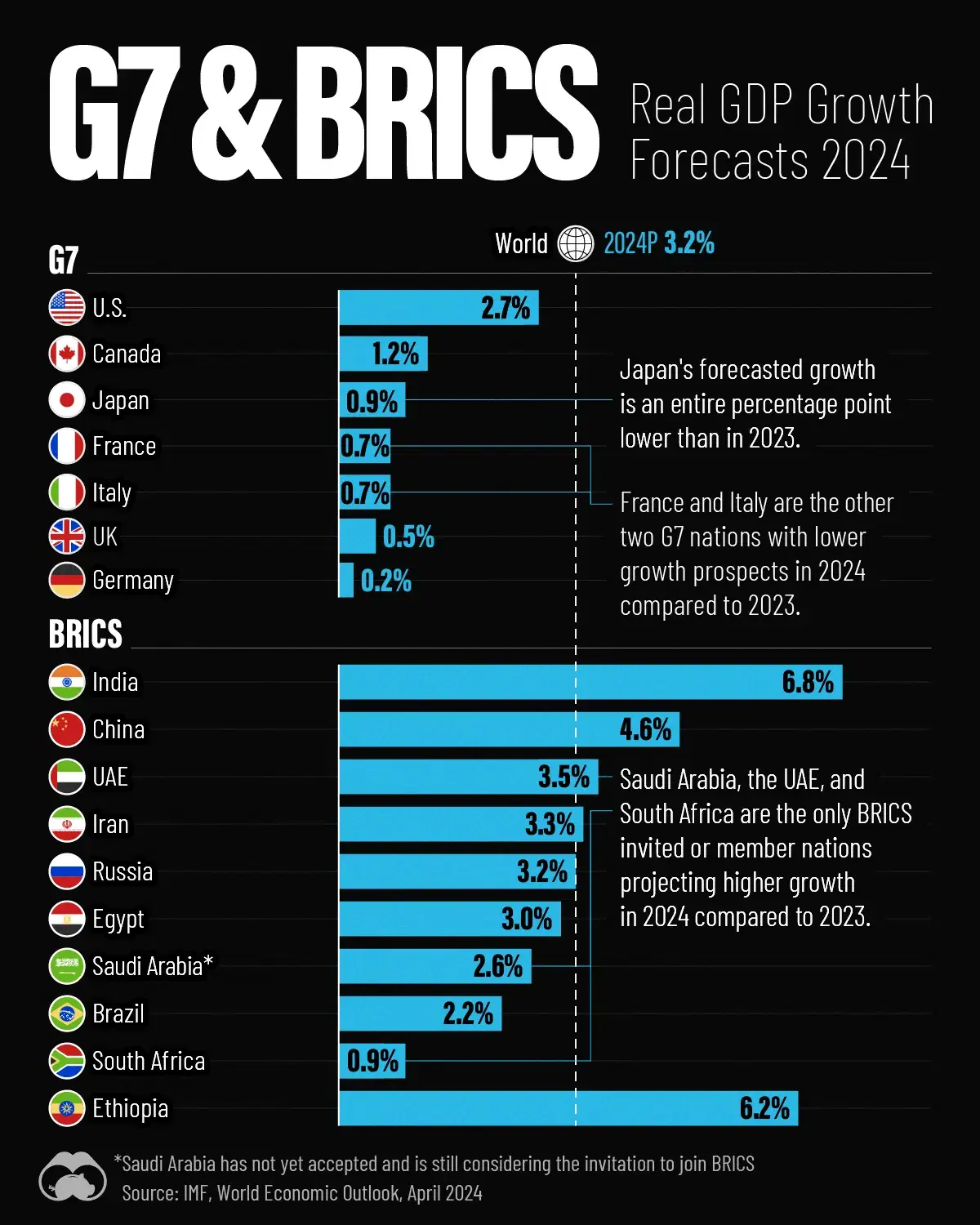Can We Make Housing Affordable Without Crashing Home Prices? The Gregor Robertson Approach

Table of Contents
Gregor Robertson's Housing Policies in Vancouver: A Case Study
Gregor Robertson's time as Mayor of Vancouver (2008-2018) was significantly marked by his ambitious efforts to tackle the city's housing affordability crisis. His administration implemented a range of policies aimed at increasing housing supply and promoting diverse housing options. Key initiatives included:
-
Inclusionary Zoning: This policy required developers of larger projects to include a certain percentage of affordable housing units within their developments. This helped integrate affordable units into new neighborhoods, preventing the segregation often associated with solely social housing projects.
-
Rental Incentives for Developers: The city offered various incentives, such as expedited permitting processes and density bonuses, to encourage developers to build rental housing. This aimed to increase the overall supply of rental units, potentially reducing rental costs.
-
Increased Density in Strategic Locations: Robertson's administration focused on increasing density near transit hubs and in areas with existing infrastructure, making it easier and more cost-effective to build more housing. This strategy aimed to maximize land use efficiency and reduce urban sprawl.
-
Investment in Social Housing: Significant investments were made in constructing and renovating social housing units, providing affordable housing options for low-income residents. This directly addressed the needs of Vancouver's most vulnerable populations.
Implementing these policies wasn't without challenges. Robertson faced significant opposition from developers concerned about profitability and from residents worried about increased density, often categorized as "NIMBYism" (Not In My Back Yard). Despite these obstacles, his policies demonstrably increased housing supply in Vancouver. The long-term effects on affordability and home prices are still being analyzed, but the increase in supply undoubtedly eased pressure on some segments of the market.
Strategies for Increasing Housing Supply Without Deflating Prices
Addressing the housing crisis necessitates a multi-pronged approach centered on significantly increasing housing supply without causing a market collapse. Several strategies show promise:
-
Responsible Density Increases: Zoning reforms that allow for increased density in appropriate locations, coupled with incentives for mixed-use developments (combining residential and commercial spaces), can maximize land use efficiency. Careful planning is crucial to avoid negatively impacting existing neighborhoods.
-
Strategic Infrastructure Investment: Investing in public transportation, utilities, and other infrastructure is vital to support new housing developments. Improved access to transit reduces reliance on cars, making areas more attractive for residents and easing traffic congestion.
-
Diverse Affordable Housing Models: Rent-to-own programs, housing co-operatives, and well-funded social housing projects offer different approaches to providing affordable housing. Each model has its strengths and weaknesses, and a mixed approach often yields the best results.
-
Innovative Construction: Exploring modern construction techniques and materials can significantly reduce building costs, making new homes more affordable. Prefabricated housing and modular construction are promising avenues for speeding up the building process and lowering costs.
-
Community Engagement: Addressing NIMBYism requires proactive community engagement. Open dialogues and transparent planning processes can help alleviate concerns and build support for increased housing density and development. This crucial step fosters a sense of ownership and buy-in from the community.
The Role of Government Intervention and Regulation
Government intervention plays a crucial role in achieving affordable housing goals. Effective policies can influence market dynamics and create a more equitable housing landscape. Consider these options:
-
Land Value Tax: This tax focuses on the value of the land itself, rather than the improvements on it. This can discourage land speculation and encourage more efficient land use.
-
Property Tax Reforms: Progressive property tax systems can help ensure that higher-value properties contribute more to public services, while providing tax relief for lower-income homeowners.
-
Tax Incentives for Affordable Housing: Offering tax breaks or subsidies to developers who build affordable housing can incentivize the creation of more affordable units.
-
Government-Backed Financing: Government-backed loans and grants can provide affordable financing for affordable housing projects, helping to reduce the overall cost of development.
Ethical considerations and potential unintended consequences of government intervention must be carefully evaluated. A balanced approach is crucial to ensure that policies effectively address affordability without creating other problems.
Comparing Robertson's Approach to Other Models
Gregor Robertson's approach to affordable housing in Vancouver shares similarities with successful initiatives in other cities globally. For example, cities like Vienna, Austria, are known for their extensive social housing programs. However, the specific context and the details of policies need to be adapted to each unique urban setting. Learning from best practices and adapting them to local circumstances is key to finding effective solutions. This includes analyzing the successes and failures of similar policies implemented elsewhere to refine and improve future strategies.
Conclusion
This article examined the significant challenge of achieving affordable housing without negatively impacting home prices, using Gregor Robertson's tenure as Mayor of Vancouver as a compelling case study. While his policies faced numerous obstacles, including opposition from developers and residents, they offer valuable lessons regarding strategic planning, the importance of increasing housing supply, and targeted government intervention. His administration demonstrated that a commitment to diverse housing models, coupled with thoughtful zoning reforms and increased density in strategic areas, can positively impact housing availability.
Finding solutions for affordable housing is not just a local issue but a global imperative. By learning from examples like Gregor Robertson's approach and adapting strategies to local contexts, cities worldwide can work towards creating more equitable and accessible housing for all residents, without necessarily triggering a market crash. Let's continue the conversation on how to make affordable housing a reality, exploring innovative and sustainable solutions to address this urgent global challenge.

Featured Posts
-
 Atletico Madrid In Sevilla Zaferi 1 2 Sonuc Ve Oenemli Anlar
May 26, 2025
Atletico Madrid In Sevilla Zaferi 1 2 Sonuc Ve Oenemli Anlar
May 26, 2025 -
 Robert Downey Jr S Role In Jamie Foxxs All Star Weekend A Casting Discussion
May 26, 2025
Robert Downey Jr S Role In Jamie Foxxs All Star Weekend A Casting Discussion
May 26, 2025 -
 Maccabi Tel Aviv Closing In On The Israeli Championship
May 26, 2025
Maccabi Tel Aviv Closing In On The Israeli Championship
May 26, 2025 -
 The Mandarin Killing And Its Impact On The Hells Angels Business Operations
May 26, 2025
The Mandarin Killing And Its Impact On The Hells Angels Business Operations
May 26, 2025 -
 Flash Floods A Guide To Understanding Flood Alerts And Warnings
May 26, 2025
Flash Floods A Guide To Understanding Flood Alerts And Warnings
May 26, 2025
Latest Posts
-
 Uk Economic Growth The Royal Push For G7 Leadership
May 29, 2025
Uk Economic Growth The Royal Push For G7 Leadership
May 29, 2025 -
 Broadcoms V Mware Acquisition At And T Exposes A Potential 1 050 Cost Increase
May 29, 2025
Broadcoms V Mware Acquisition At And T Exposes A Potential 1 050 Cost Increase
May 29, 2025 -
 Strengthening The Uk Economy King Charles Iiis Call To Action
May 29, 2025
Strengthening The Uk Economy King Charles Iiis Call To Action
May 29, 2025 -
 Canadas Economic Independence The Need To Limit U S Control
May 29, 2025
Canadas Economic Independence The Need To Limit U S Control
May 29, 2025 -
 1 050 V Mware Price Hike At And T Details Broadcoms Proposed Increase
May 29, 2025
1 050 V Mware Price Hike At And T Details Broadcoms Proposed Increase
May 29, 2025
